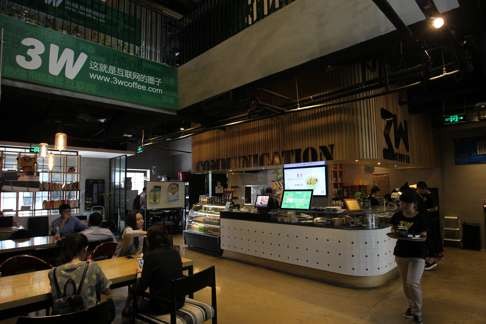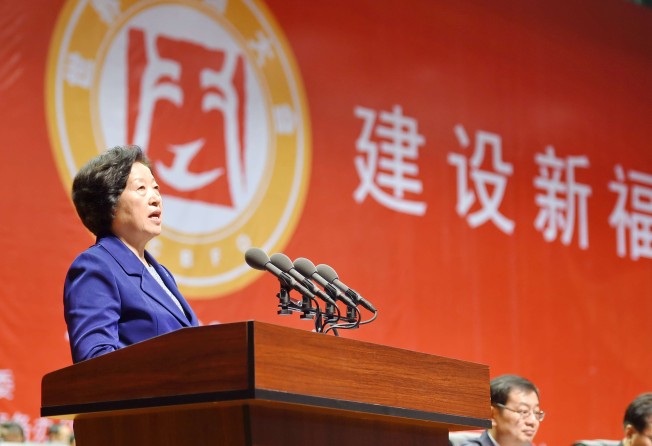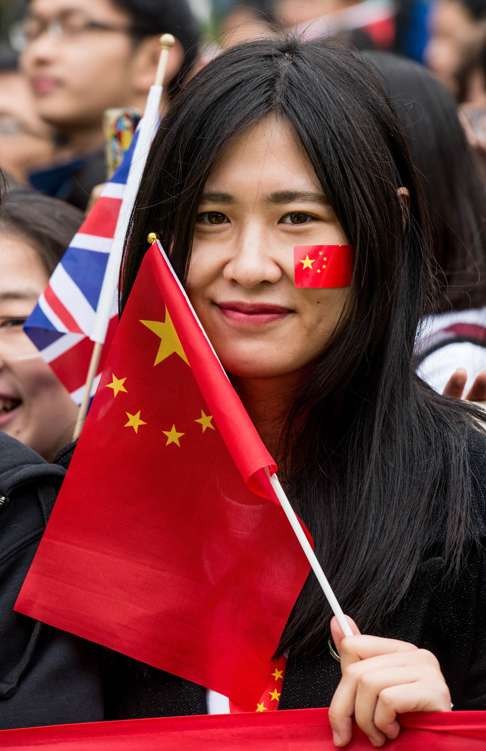
China’s Communist Party reaches out to ‘new social class’ of young managers, returned students and new media workers
Decision to establish specialist bureau follows order last year from President Xi Jinping to ‘unite the younger generation’

The Chinese Communist Party’s united front work department has established a new bureau targeting a “new social class” of younger in the private economy, students returning after studying abroad and those working in new media.
The new bureau will be the eighth at the department that deals with issues outside the party such political parties; ethnic and religious issues: Hong Kong, Macao and Taiwan affairs; Tibet affairs
and others.
The concept of “new social class” was first thought of by then party chief Jiang Zemin in 2001. A guideline for united front work, published in 2015, defines the new class as containing four groups: management staff in the local private sector and in foreign companies; employees at service agencies and non-profit social organisations including lawyers, accountants and tax agents; freelancers, and those who work in the new media industry.
The department’s head Sun Chunlan said the new social class would be “a key focus” of united front work, which historically has been an effort by the party to mobilise allies outside the party – students, intellectuals, overseas Chinese and political associations and organisations in China – to promote the prevailing party line.
The department said in its official WeChat account that the bureau was formally established on June 4, following an order by Xi Jinping last May urging party cadres to unite all “forces and positive factors” as extensively as possible .
In his speech, Xi has specifically emphasised the urgency to unite the younger generation who returned from overseas studies, who are representatives of new media and private sectors, the WeChat article said.
In 2015, the department for the first time invited about 20 senior management staff from new media and IT companies including Baidu, Xiaomi and iQiyi, and internet opinion leader Deng Fei to its annual theoretical study session.
Deng, a former journalist, has become well known through his online charity campaigns to provide free meals for “left behind” children (who remain in rural villages, cared for by grandparents while their parents move to the more prosperous cities in search of work) and medical assistance for miners suffering chronic lung diseases.
The department’s WeChat article said the new bureau’s main tasks were to consult representatives from the new social class, gauge their thought to form new policies and to “guide the work of related social groups”.
